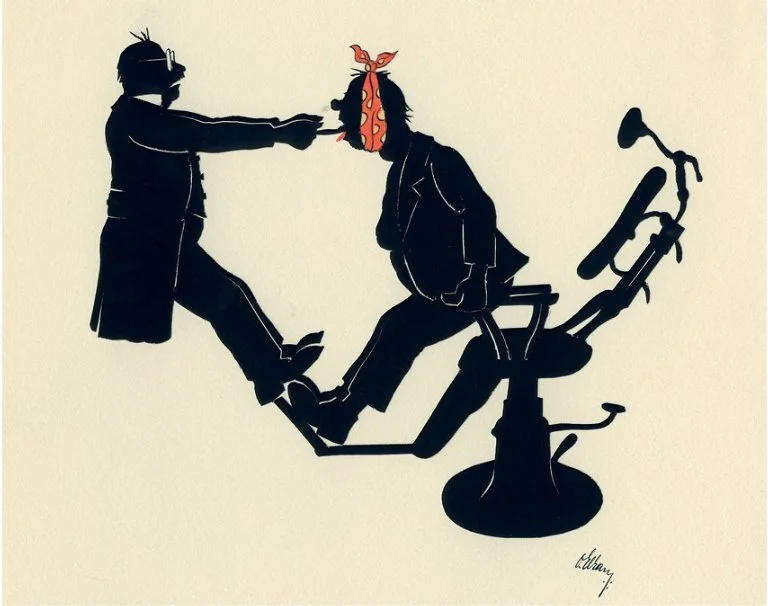Should you be graduating from high school next year, and you aspire to become a dentist, then you might be a good candidate for the combined Baccalaureate DDS (doctor of dental surgery) or DMD (doctor of dental medicine) program. In the eyes of the American Dental Association (ADA), a DDS is the same as a DMD.
There are over 60 dental schools accredited by the ADA, all of which can be found at http://www.ada.org/267.aspx. A portion offer combined degree programs. Among the state schools, the University of Connecticut has an 8 year BA/BS DDS program, while the University of Texas at San Antonio offers a 7 year BS/MD program. For variety, the University of Pacific, a private school in Stockton, CA, appears unmatched with 5, 6, and 7-year combined degree programs. The 5-year program grants only the DDS; the six-year grants a BS in either biology or chemistry with the DDS; and the seven-year program grants a baccalaureate, with any major, along with the DDS.
Many of the BS-DDS programs are provisional; this means that they do not guarantee that you’ll be accepted into their dental school. For example, at the aforementioned University of Pacific, admission to their 6 or 7-year program only guarantees an interview with the dental school. To put this in perspective, Pacific gets thousands of applications of which only 200 are invited to interview. Of the 200, about 90% are accepted. Consequently, getting a guaranteed interview is advantageous, but, again, is no guarantee.
Admissions into most of these combined programs are highly competitive. For University of Pacific’s 5-year program the average high school GPA is 3.7 (not weighted) with an ACT composite of 31, or an SAT of 1350 (CR and M only) with at least a 630 in critical reading. If you’re applying to a program that includes admission into their dental school, most will require an interview, want to know you’ve worked, in some capacity, with a dentist (whether as a job shadow, or in an office), possibly done some basic research over the summer in either chemistry or biology, and additionally, want your DAT score, to compare with other incoming dental school students.
With the University of Pacific example fresh in mind, key questions you’ll want answered before applying to a Dental Baccalaureate program include: once you matriculate, is dental school entry guaranteed?; will you receive both your BA and DDS degree?; do you have to take the DAT prior to gaining admission to dental school?; do you have the option of applying to other dental schools after completion of your BA or BS?; what are the costs and potential financial aid for the program (scholarships are not at all common in Colleges of Dentistry)? This is by no means a comprehensive list, but you should know the answers to these before applying to a program.
Once you’re admitted to, say, NYU’s BA-DDS program, prepare for serious studies. The program admits only 10 students annually: statistically 2 of the 10 will not make it into dental school. There are no guarantees. You must maintain a 3.4 GPA across all your courses, which, during the first year may not appear too difficult, but by second year when you’re taking Molecular Cell Biology I/II and Organic Chemistry I/II, things become much more difficult. After your second year NYU asks program participants to take the DAT, with the expectation that each will attain at least a 19 composite (A ‘22’ is the average at Harvard Dental.)
Should the cold water of dental reality not take a bite out of your enthusiasm, maybe you have the makeup to make yourself into a dentist. To be successful you should be a well organized, highly entrepreneurial (almost 90% run their own office), dexterous, artistic, and a compassionate leader. From a standpoint of timing, now is an excellent time to join the ranks: over the next 10 years, 150,000 working dentists are projected to retire. If you can withstand the grind, without grinding your teeth, you might be headed for a career worth smiling about.

